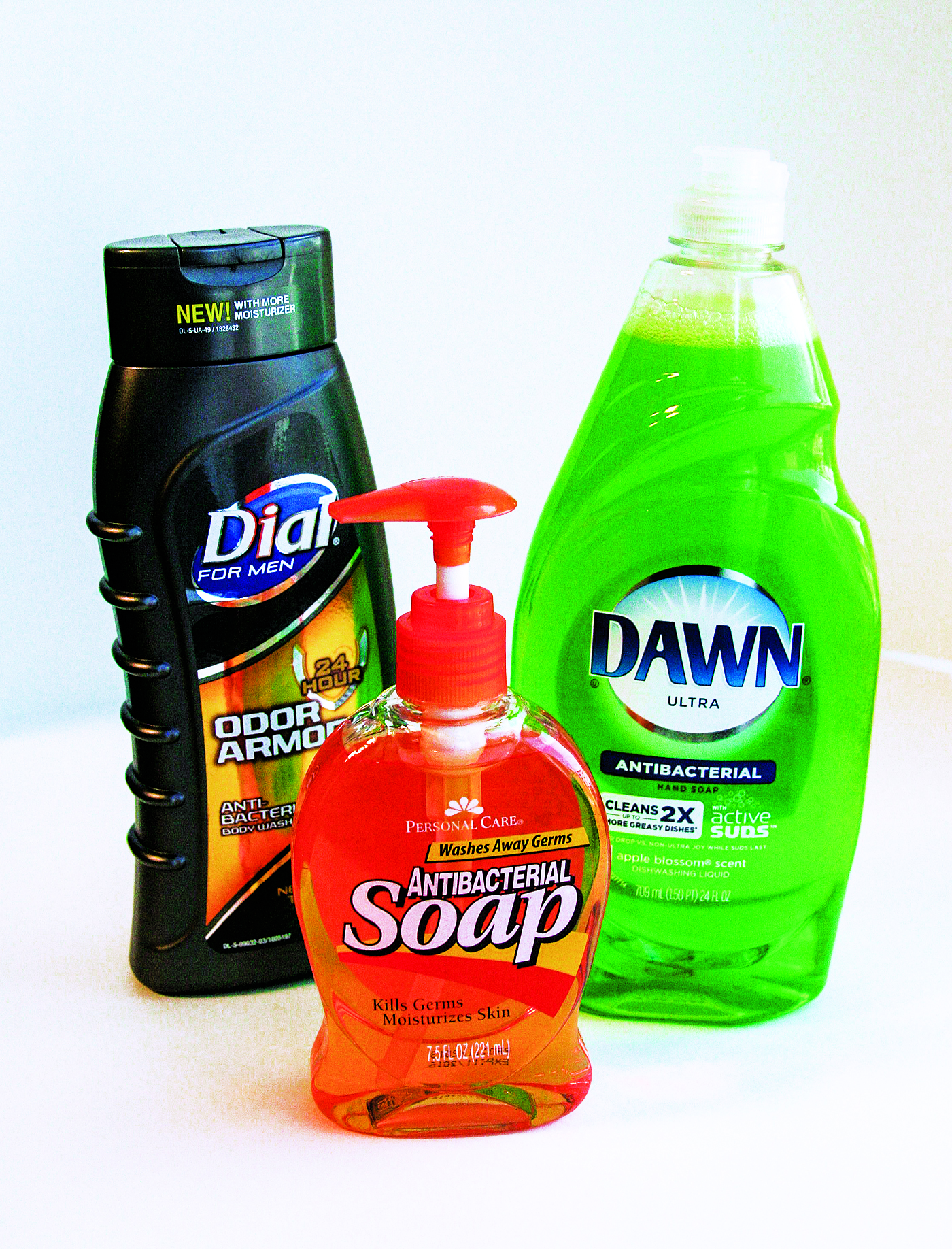Advertisement
Grab your lab coat. Let's get started
Welcome!
Welcome!
Create an account below to get 6 C&EN articles per month, receive newsletters and more - all free.
It seems this is your first time logging in online. Please enter the following information to continue.
As an ACS member you automatically get access to this site. All we need is few more details to create your reading experience.
Not you? Sign in with a different account.
Not you? Sign in with a different account.
ERROR 1
ERROR 1
ERROR 2
ERROR 2
ERROR 2
ERROR 2
ERROR 2
Password and Confirm password must match.
If you have an ACS member number, please enter it here so we can link this account to your membership. (optional)
ERROR 2
ACS values your privacy. By submitting your information, you are gaining access to C&EN and subscribing to our weekly newsletter. We use the information you provide to make your reading experience better, and we will never sell your data to third party members.
Business
Minnesota Bans Triclosan
Legislation: State is halting retail sales of soaps containing antibacterial chemical
by Cheryl Hogue , Britt E. Erickson
May 26, 2014
| A version of this story appeared in
Volume 92, Issue 21

Minnesota is poised to become the first state in the nation to ban the sale of soaps and cleaning products that contain the antibacterial compound triclosan. A new law, signed by Gov. Mark Dayton (D) in mid-May, will prohibit retailers in the state from selling soaps and cleaners with triclosan as of Jan. 1, 2017.
Despite opposition from the American Cleaning Institute, a trade association of soap and detergent makers, the legislation garnered broad support in the Minnesota State Legislature. It passed the House of Representatives 110-19 and the Senate 58-0.
One of the bill’s sponsors, state Sen. John Marty (D), predicts other states and the federal government are likely to follow Minnesota’s lead. “While this is an effort to ban triclosan from one of the 50 states, I think it will have a greater impact than that,” Marty says.
In fact, the New York State Legislature is considering bills that would ban the sale of products containing triclosan. Support for such action stems from growing concerns about possible health effects associated with antibacterial ingredients and their potential to lead to antibiotic resistance.
The American Cleaning Institute says Minnesota’s ban will take safe, effective, and beneficial products off the shelves. But a number of leading manufacturers, including Procter & Gamble and Johnson & Johnson, are reformulating consumer products to eliminate triclosan in response to demands from consumers and major retailers including Walmart and Target.
Minnesota’s new law builds on a procurement policy that Dayton’s administration implemented last year. That policy allows state agencies to purchase only soaps and detergents that are free of triclosan. However, it does allow purchase of soaps containing the chemical for use in health care settings.
The federal Food & Drug Administration, meanwhile, is taking aim at triclosan and a related chemical, triclocarban. A December 2013 proposal by FDA would require makers of antibacterial soaps to demonstrate that their products are safe for everyday use and are more effective at preventing the spread of germs than ordinary soap.





Join the conversation
Contact the reporter
Submit a Letter to the Editor for publication
Engage with us on Twitter